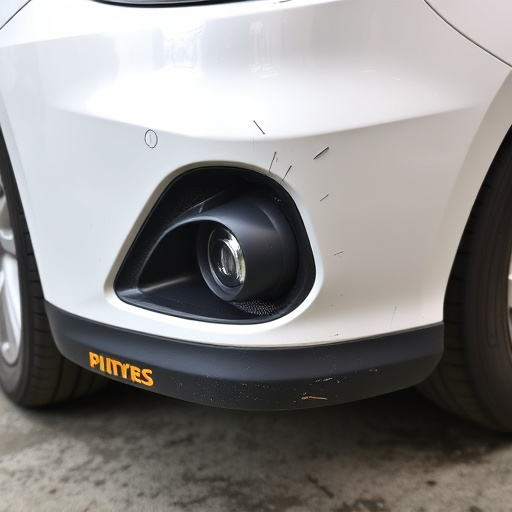Before renting a car, understand that liability coverage protects others but not your vehicle. Comprehensive and collision coverage offer protection for damages beyond accidents. Weigh options carefully to avoid high repair bills, especially in risky areas or for long rentals. Consider additional protection for peace of mind.
Rental car insurance coverage is essential for peace of mind while you’re on the road. This guide simplifies complex concepts, helping you understand the basics, different types of coverage, and when extra protection is necessary. By the end, you’ll be equipped to make informed decisions, ensuring a stress-free rental car experience. Whether planning a vacation or a business trip, knowing your insurance options can save you money and provide valuable protection.
- Understanding Rental Car Insurance Basics
- Types of Coverage and What They Mean
- When and Why You Need Additional Protection
Understanding Rental Car Insurance Basics

When you rent a car, whether for a quick trip or an extended vacation, understanding the basics of rental car insurance is essential. Rental car companies typically offer various insurance options to protect their vehicles and passengers. These include liability coverage, which protects against damages to other properties or injuries to others, and collision damage waiver (CDW), which covers repairs to the rented vehicle in case of an accident, minus a deductible.
It’s important to note that standard rental car insurance often does not cover all potential damages. For instance, minor scratches, dents, or even paintless dent repair (as an alternative to traditional repair methods) might not be included. To ensure comprehensive protection, especially for expensive vehicles or in areas with high traffic and potential for accidents, renting with full coverage insurance or adding specific coverage options like dent removal and vehicle restoration can provide peace of mind.
Types of Coverage and What They Mean

When renting a car, understanding your insurance options is crucial. Rental car insurance coverage comes in several types, each offering distinct benefits designed to protect you from unexpected costs. One common type is liability coverage, which shields you against claims for damages or injuries caused to others during an accident, though it typically does not cover your rental vehicle itself.
Another essential aspect is comprehensive and collision coverage. Comprehensive insurance safeguards your rental car from losses beyond accidents, including damage from theft, natural disasters, or vandalism. Collision coverage, on the other hand, pays for repairs if your rental becomes damaged in a crash, whether caused by you or another driver. Consider these options carefully to ensure you’re prepared for any potential incidents while on the road and explore possibilities for car paint repair or vehicle collision repair should the worst occur.
When and Why You Need Additional Protection

Many people opt for the most basic rental car insurance coverage when they rent a vehicle, assuming it’s enough protection. However, there are times when additional protection is crucial. Understanding when to opt for enhanced coverage can save you from significant financial burdens in case of accidents or damage.
Rental cars are susceptible to various risks, from minor fender benders to more severe incidents like collisions or natural disasters. Standard rental car insurance typically covers a limited amount for repairs and may not fully compensate you for costly damages. Additional protection expands your coverage, ensuring that unexpected events don’t leave you with a hefty repair bill or out-of-pocket expenses for services like auto repair services or even car dent repair. It’s particularly important to consider this if you’re renting a vehicle for an extended period or in areas prone to harsh weather conditions, where the risk of damage is higher.
Understanding your rental car insurance coverage is key to stress-free driving. By familiarizing yourself with the basics, different types of protection, and knowing when extra coverage is necessary, you can make informed decisions that suit your needs. Remember, while comprehensive and collision coverages offer valuable protection against financial losses, they are not always mandatory. Always review your policy details and consider your personal circumstances to ensure you have the right balance of rental car insurance coverage for peace of mind on the road.














